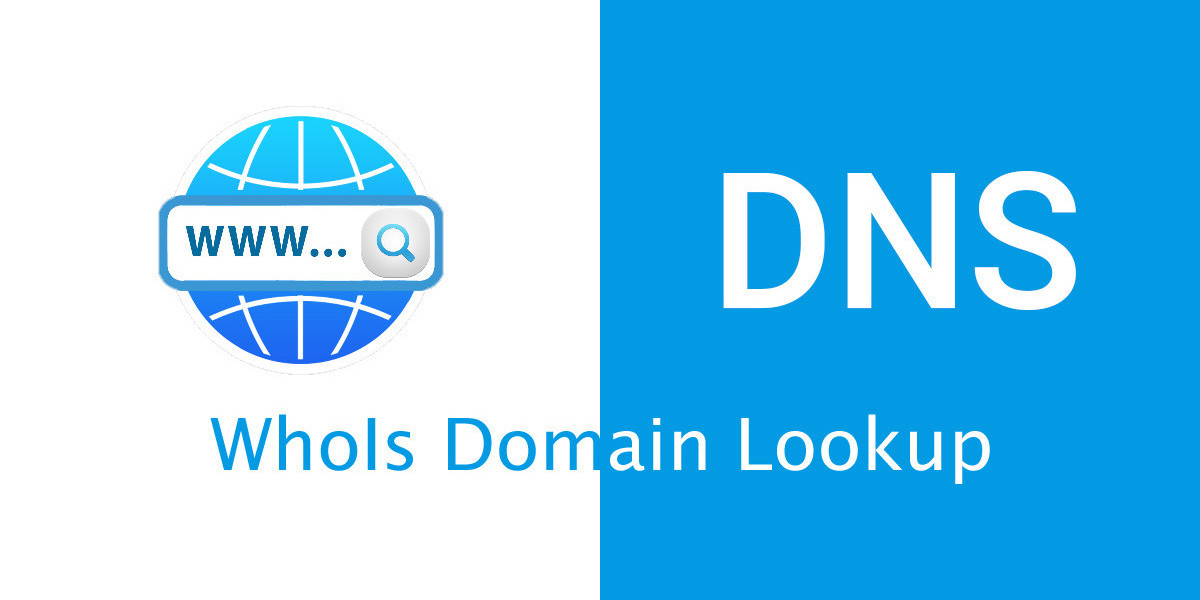The internet has become an indispensable part of our lives, connecting people, businesses, and organisations worldwide. At the heart of this vast network lie domain names—unique identifiers that make websites accessible. But have you ever wondered how domain ownership or registration details are managed? This is where Whois Domain Lookup comes into play. In this article, we’ll explore what Whois Domain Lookup is, how it works, its benefits, and its importance in today’s digital landscape.
What is Whois Domain Lookup?
Whois Domain Lookup is a tool or protocol used to retrieve information about a domain name or IP address. This information, commonly referred to as Whois data, includes details such as:
- Domain registrant’s name
- Organisation or company
- Contact details (email, phone number, and address)
- Domain registration and expiry dates
- Nameservers
- Registrar details
Whois is a centralised database maintained by domain registrars and registry operators to ensure transparency and accountability in domain registration.
How Does Whois Domain Lookup Work?
Whois operates on a simple query-response mechanism. When you perform a Whois lookup for a domain:
- User Query: The user enters the domain name or IP address into a Whois lookup tool.
- Query Transmission: The tool sends a query to the Whois server associated with the domain's registrar or registry.
- Database Access: The Whois server retrieves the relevant information stored in its database.
- Response: The server returns the data to the user in a human-readable format.
Most registrars and third-party tools offer Whois lookup services through their websites or APIs.
Key Features of Whois Domain Lookup
1. Transparency
Whois lookup reveals essential details about domain ownership, making it easier to verify legitimacy and ensure accountability.
2. Domain History Insights
The tool can sometimes provide historical data about domain ownership and registration changes, helping users analyse trends or detect potential scams.
3. Registrar Information
It identifies the domain’s registrar and provides contact information, useful for reporting domain-related abuse.
4. Expiration Tracking
Whois lookup displays the domain's expiration date, allowing businesses to ensure timely renewal and prevent unintended loss of ownership.
5. IP Address Mapping
When queried for an IP address, Whois reveals the associated network operator, helping in network diagnostics or abuse investigations.
Benefits of Whois Domain Lookup
1. Cybersecurity
Whois lookup helps identify domain owners involved in phishing, fraud, or other malicious activities. Cybersecurity professionals use it to track and mitigate threats.
2. Brand Protection
Brands can use Whois data to monitor and combat domain squatting, trademark infringements, or counterfeit websites.
3. Conflict Resolution
When disputes arise over domain ownership, Whois records serve as a reliable source of truth, often used in legal proceedings.
4. Market Research
Businesses can analyse domain registration trends and competitors’ online activities using Whois data, gaining valuable insights.
5. Contact Facilitation
Whois lookup enables direct communication with domain owners, particularly when seeking collaboration, purchasing a domain, or reporting issues.
Limitations of Whois Domain Lookup
While Whois is a powerful tool, it has certain limitations:
Data Privacy Restrictions
- Due to privacy regulations like GDPR, personal data of domain owners may be redacted or hidden from public view.
- This has led to the rise of "Whois privacy services" that conceal registrant details.
Inconsistent Formatting
- Whois data lacks standardisation across registries, making automated analysis challenging.
Abuse of Information
- Unrestricted access to Whois data has led to misuse, such as spam, phishing, or targeted attacks.
Not Always Real-Time
- Some Whois databases are not updated instantly, potentially leading to discrepancies in the information.
The Impact of GDPR on Whois
The introduction of the General Data Protection Regulation (GDPR) in 2018 significantly changed how Whois data is shared. Under GDPR:
- Personal data of individuals is redacted or anonymised in public Whois records.
- Only registrant organisation details (for businesses) or anonymised contact points are available.
- Access to complete Whois data requires legitimate interest and compliance with privacy laws.
This shift prioritised user privacy but created challenges for law enforcement, cybersecurity professionals, and businesses relying on Whois for transparency.
Whois Privacy Services
To address privacy concerns, many domain registrars offer Whois Privacy Services, also known as "domain privacy protection." These services replace personal details with proxy contact information in the Whois database. While this enhances privacy, it also complicates transparency and accountability efforts.
Tools for Performing Whois Lookups
There are several tools available for performing Whois domain lookups, ranging from free online platforms to advanced paid services:
1. ICANN Whois
- The Internet Corporation for Assigned Names and Numbers (ICANN) provides an official Whois lookup tool for general use.
2. Registrar-Specific Tools
- Popular registrars like GoDaddy, Namecheap, and Google Domains offer integrated Whois lookup features.
3. Third-Party Tools
- Websites like Whois.net, DomainTools, and MXToolbox provide enhanced lookup capabilities, including historical data.
4. Command-Line Utilities
- Developers can use command-line tools such as
whoisin Linux or macOS for quick queries.
How to Perform a Whois Domain Lookup
Here’s a step-by-step guide:
- Choose a Lookup Tool: Visit an online Whois lookup service or use a registrar’s website.
- Enter the Domain: Input the domain name or IP address you want to query.
- Submit the Query: Click on the "Search" or "Lookup" button.
- View Results: Analyse the retrieved data, which includes registrant, registrar, and domain status details.
Applications of Whois Domain Lookup
1. Domain Acquisition
- Buyers can use Whois to contact domain owners directly when interested in purchasing a domain.
2. Fraud Prevention
- Financial institutions and e-commerce platforms rely on Whois to detect fraudulent websites impersonating legitimate brands.
3. SEO Analysis
- Digital marketers use Whois to study competitors’ domains, their registrars, and their renewal strategies.
4. Network Troubleshooting
- IT professionals use Whois data to resolve connectivity issues or identify potential network abuse sources.
Future of Whois Domain Lookup
With increasing emphasis on privacy and security, the future of Whois may see:
- Enhanced Authentication: Restricted access to Whois data based on user roles or legitimacy.
- Decentralised Databases: Blockchain-based Whois systems could offer greater transparency and security.
- Integration with Cybersecurity Tools: Automated threat detection tools might incorporate Whois data for real-time analysis.
Conclusion
Whois Domain Lookup remains a vital tool in the digital ecosystem, providing transparency, security, and insights. Despite challenges posed by privacy laws and data misuse, Whois continues to evolve, balancing the needs for privacy and accountability. Whether you’re a webmaster, cybersecurity professional, or casual internet user, understanding Whois can help you navigate the online world more effectively.








